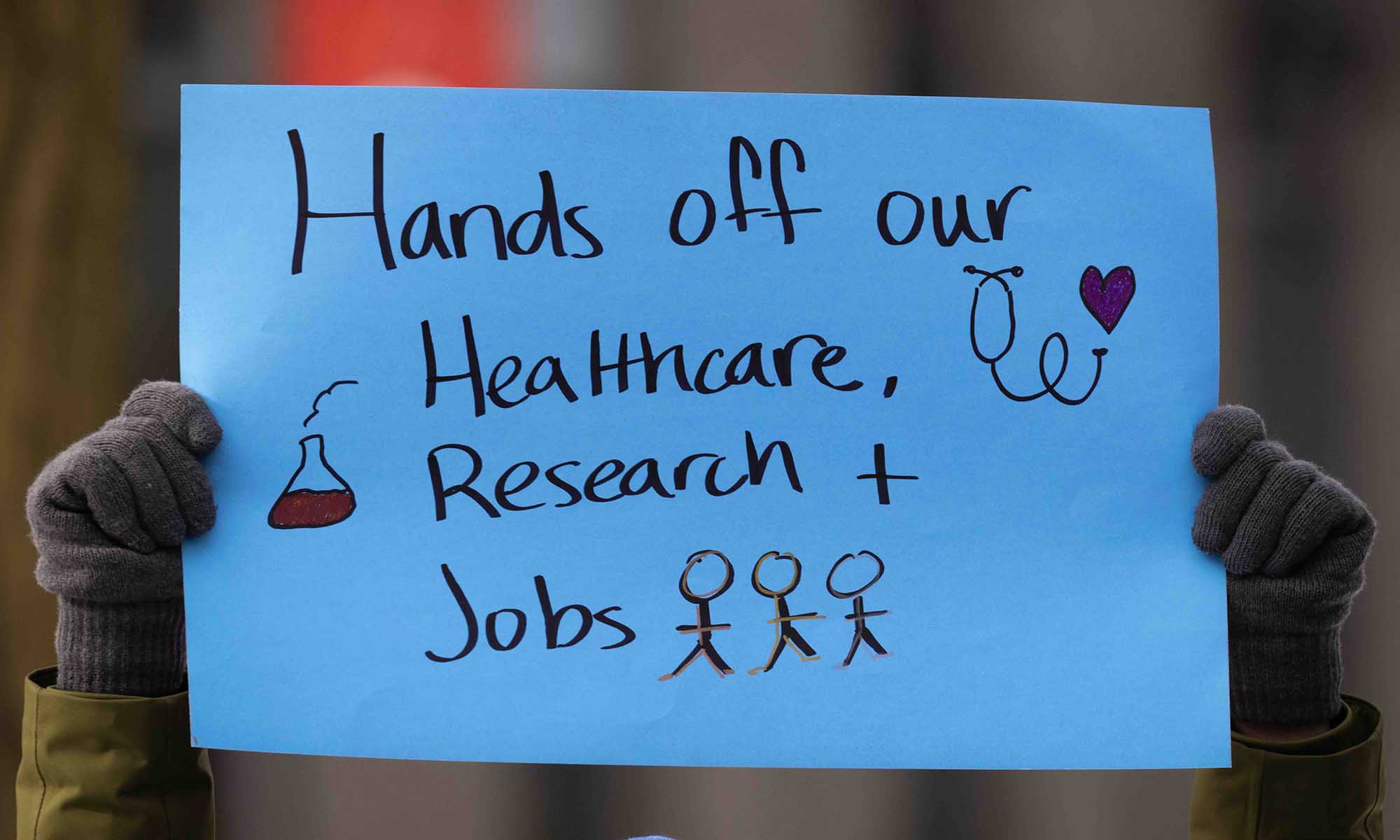
Study: Widespread disapproval of federal interventions in science, public health
The findings, based on a sweeping national survey, help quantify the public’s verdict on recent federal policies.

Who’s immune to conspiracy theories?
Rochester faculty on how political conspiracy theories start and spread—and why people believe them.
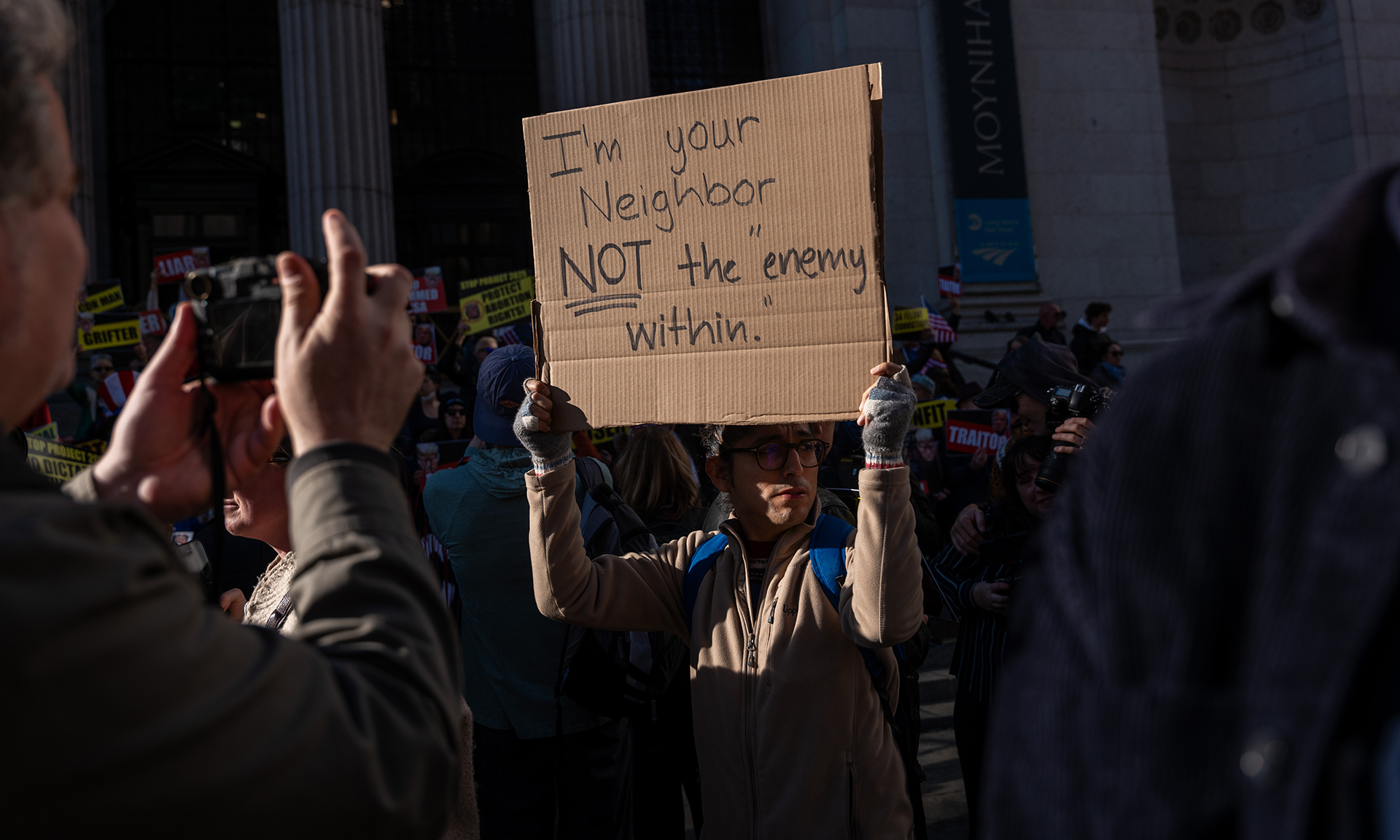
Research-backed ways to bridge America’s political divide
Researchers successfully tested 25 different approaches to reducing partisan animosity and support for undemocratic practices or political violence. Two proved most effective.
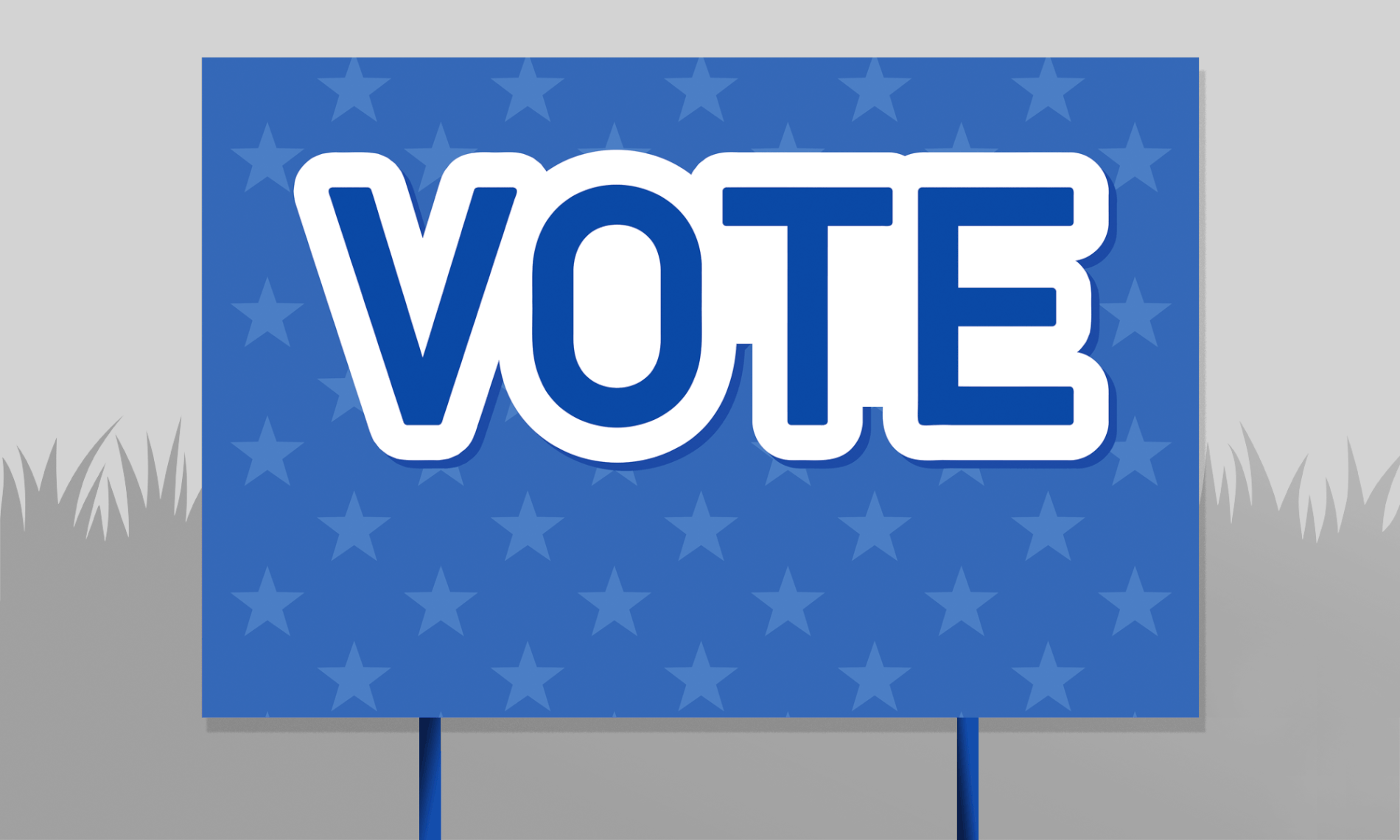
What every American needs to know about voter turnout
Rochester political scientists explain why people do and don’t exercise their right to vote—and the implications of that choice for democracy.
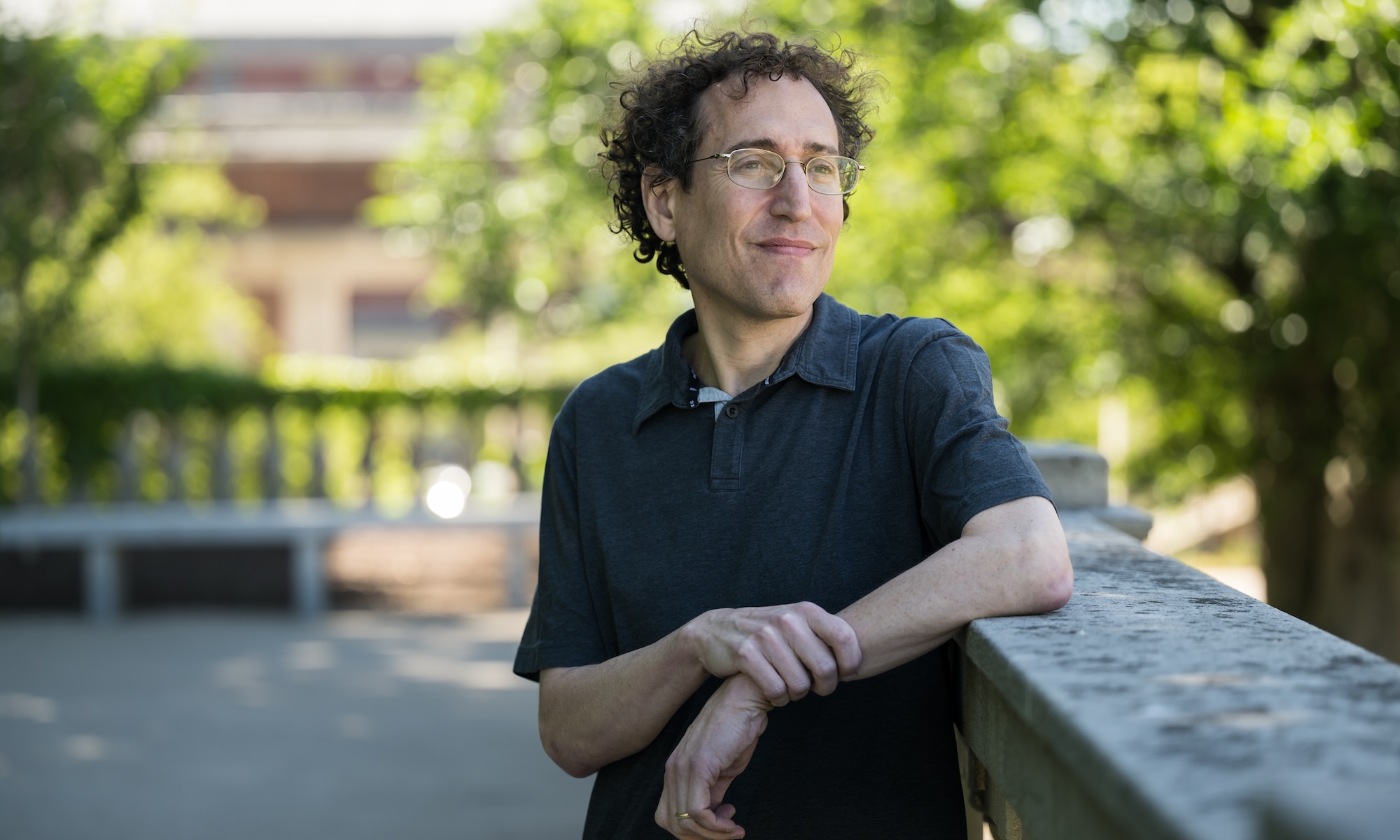
James Druckman: When politics gets personal
As the 2024 election season heats up, Jamie Druckman, a renowned expert on political polarization, is as busy as he’s ever been.
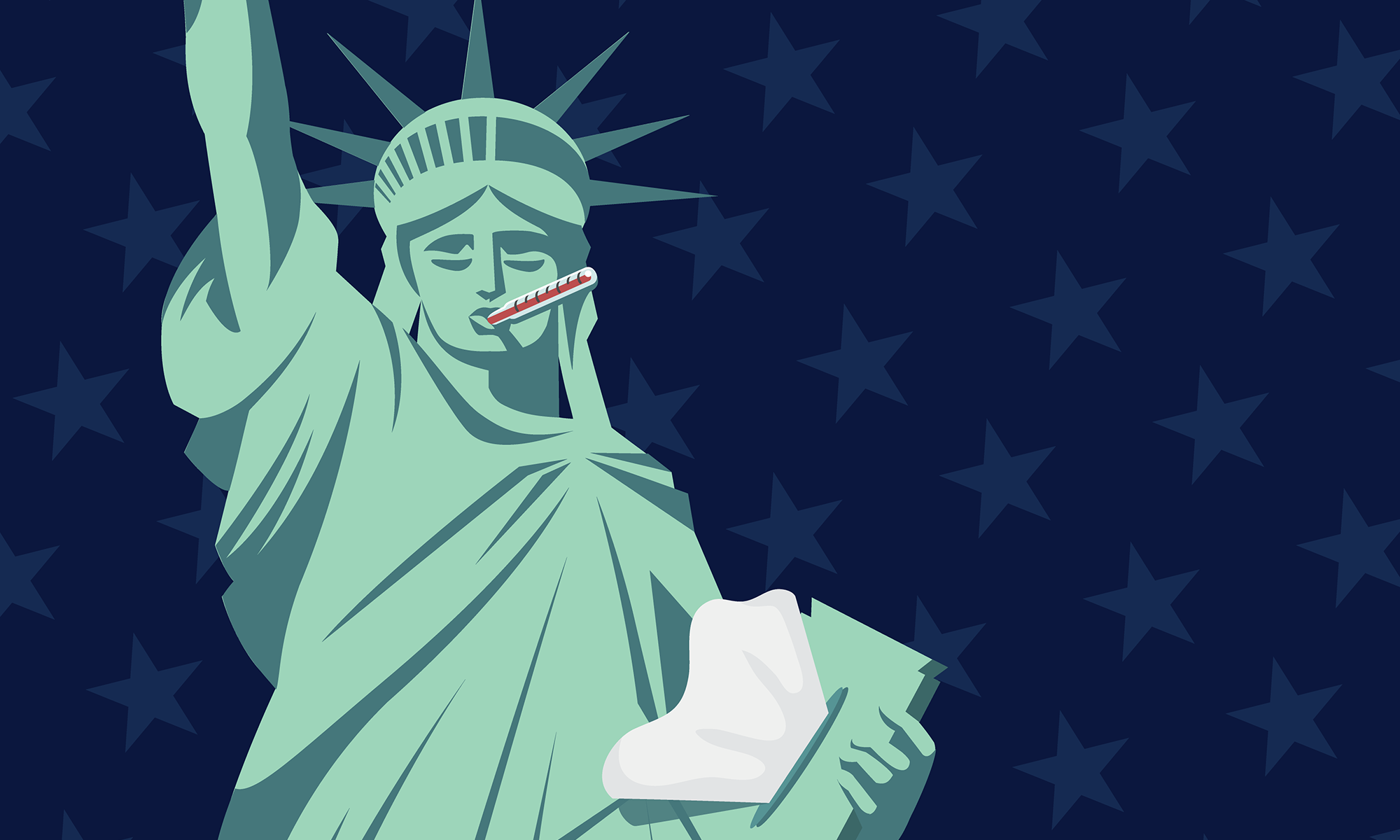
Taking the temperature of American democracy
An interview with political scientist James Druckman, an expert on American democracy and polarization.
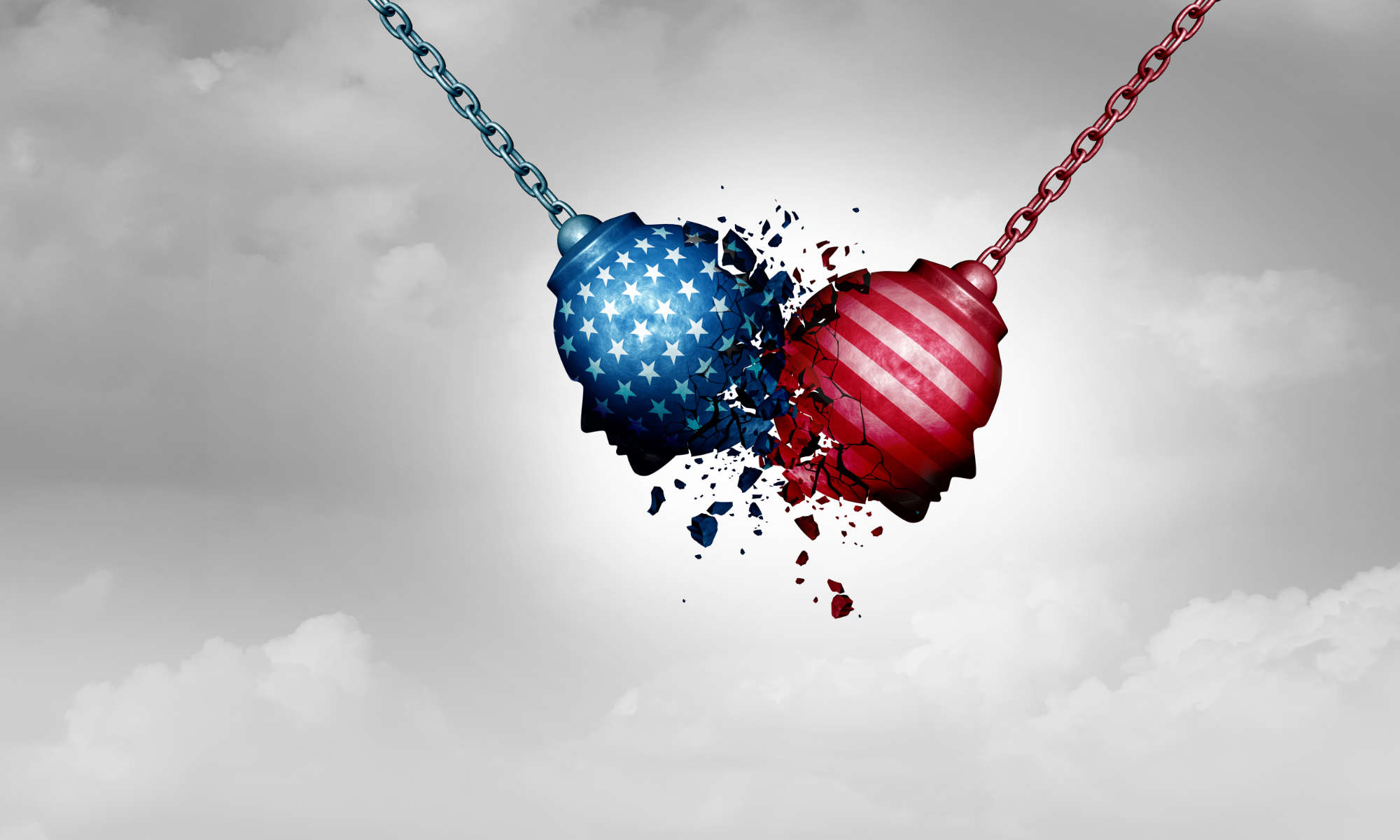
Does it matter how much Democrats and Republicans hate each other? Yes, it does.
New research suggests partisan hostility can erode democratic institutions and functioning.
